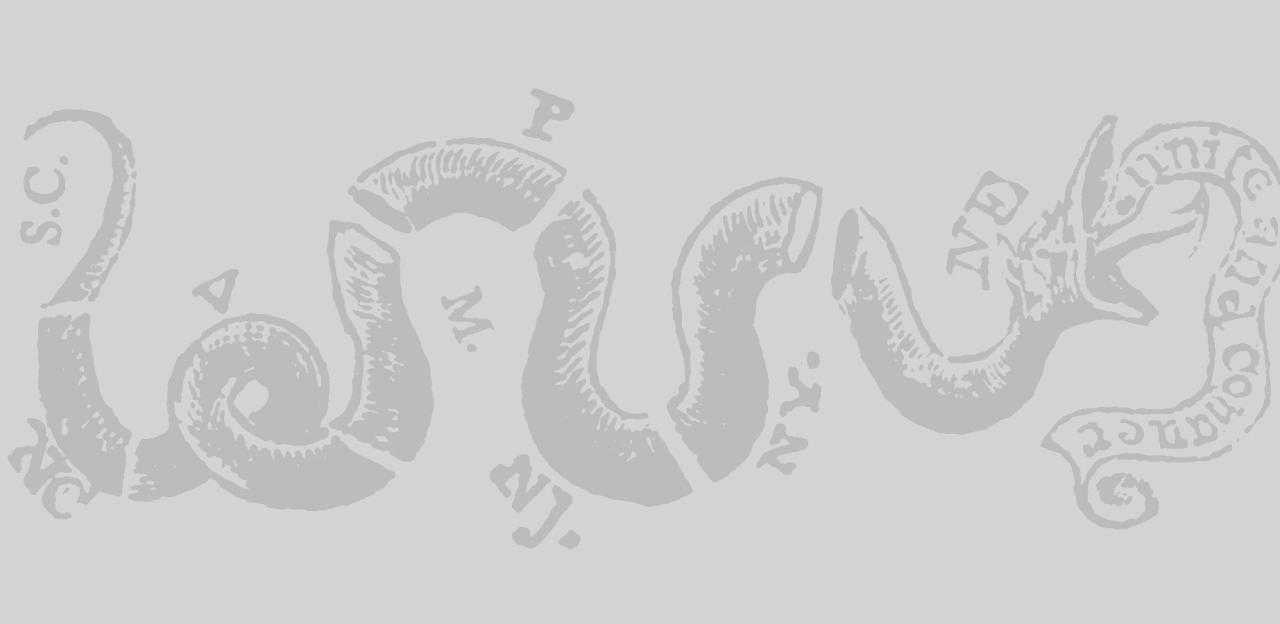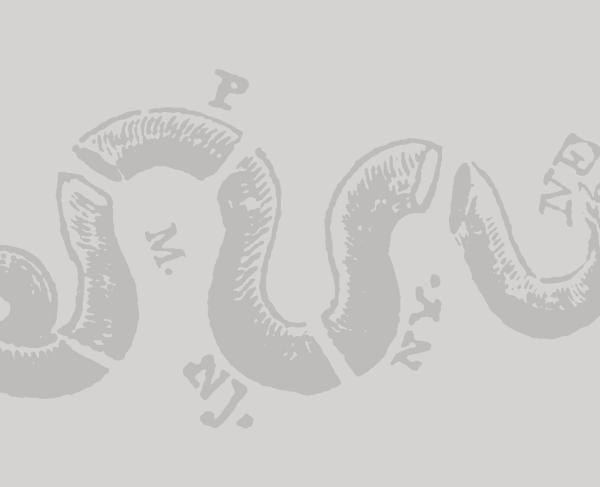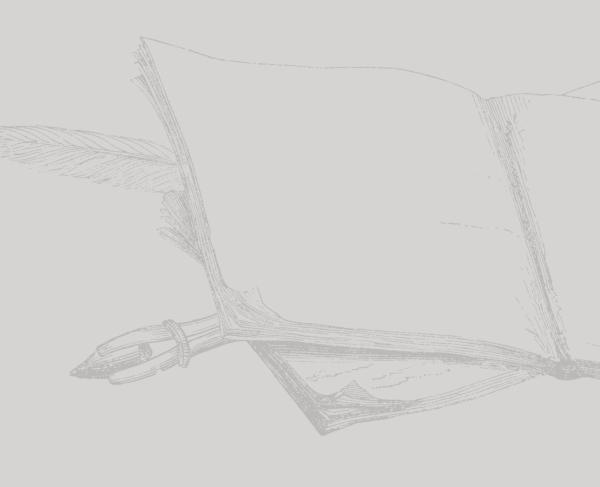Battle Road: "To Attack and Annoy the Enemy"

In March 1825, Edmund Foster wrote the following account in a a letter to a friend, describing what he witnessed along during the British retreat from Concord on April 19, 1775.
Spelling and emphasis is original.
On the morning of the 19th of April, 1775, just at sunrise, Alarm Guns were fired, which were quickly followed by a post brining news, that the Regulars, as they expressed it, had gone to Concord. I ran directly to Major Brooks, late Governor, — asked if he were going to Concord, and when. "Immediately," was the answer. I borrowed accoutrements, and we set off together for Concord. The militia company of Reading marched on at the same time, under the command of Captain Bachelder. We rendezvoused near the middle of the town of Bedford; left horses and marched forward in pursuit of the enemy. A little before we came to Merriam's Hill, we discovered the enemy's flank guard, of about eighty or one hundred men, who, on their retreat from Concord, kept that height of land, the main body in the road. The British troops and the Americans, at that time, were equally distant from Merriam's Corner. About twenty rods short of that place, the Americans made a halt. The British marched down the hill, with very slow but steady step, without music, or a word being spoken that could be heard. Silence reigned on both sides. As soon as the British had gained the main road, and passed a small bridge near that corner, they faced about suddenly and fired a volley of musketry upon us. They overshot; and no one, to my knowledge, was injured by the fire. The fire was immediately returned by the Americans, and two British soldiers fell dead, at a little distance from each other, in the road, near the brook. The battle no began, and was carried on with little or no military discipline and order, on the part of the Americans, during the remainder of that day. Each one sought his own place and opportunity to attack and annoy the enemy from behind trees, rocks, fences, and buildings, as seemed most convenient.
The enemy retreated and were followed. We saw a wood at a distance, which appeared to lie on or near the road the enemy must pass. Many leaped over the wall and made for that wood. We arrived just in time to meet the enemy. There was then, on the opposite side of the road, a young growth of wood well filled with Americans. The enemy was now completely between two fires, renewed and briskly kept up. They ordered out a flank-guard on the left to dislodge the Americans from their posts behind large trees; they they only became a better mark to be shot at. A short but sharp contest ensued, in which the enemy received more deadly injury, than at any one place from Concord to Charlestown. Eight or more of their number were killed on the spot, and, no doubt, many wounded.
The enemy soon retreated under a scattering fire, in which one of their musicians fell. About mid-way of the plain in Lincoln, they left in the road one of their soldiers badly wounded. When we had advanced near to Benjamin's tavern, a man rode up on horseback, but unarmed. The enemy were then passing round the hill just below the tavern. They had posted a small body of their troops on the north side of the hill, which fired upon us. The horse and his rider fell instantly to the ground; the horse died immediately, but the man received no injury. We were quickly at the spot, from which we returned the fire. The enemy were then rising and passing over Fiske's hill. An officer mounted on an elegant horse, with a drawn sword in his hand, was riding backwards and forwards, commanding and urging on the British troops. A number of Americans behind a pile of rails, raised their guns and fired with deadly effect. The officer fell, and the horse took fright, leaped the wall, and ran directly towards those who had killed his rider. The enemy discharged their musketry in that direction, but their fire took no effect.
At the next house, a British soldier and an American met each other suddenly face to face. Both presented their guns and fired at the same instant. The fire of both took a deadly effect. In some old buildings beyond Thaddeus Reed's two or three wounded British soldiers were lodged. The fire on the enemy now came from all directions. At the bottom of the next hill, and near the Lexington almshouse, a British soldier was wounded....
Now Lord Percy came up with a reinforcement of one thousand men and two pieces of artillery, united with the troops [retreating] from Concord, and took post on the high grounds a little distant from Colonel Munroe's. Here for a while was a cessation of arms, excepting that the British occasionally fired their field-pieces on us....
After the British forces left Lexington, they were met and mostly opposed by men from the lower towns, and some from the county of Essex. The company from Danvers, unacquainted with military movements, was caught somewhere in West Cambridge, between the flank-guard and the main body of the enemy, and lost eight of their number, and several more were severely wounded. This transaction I did not witness, but was correctly informed of it. At Snow's now Davenport's tavern in Cambridge, one of the enemy lay dead by the road, and directly opposite, one of our best men, Major Gardner, of Brookline, was killed, whose death was much lamented.
Being now sufficiently weary, I took shelter, (not lodgings, for the furniture was all carried off,) in Snow's tavern for the night.
Though almost half a century has elapsed since these events took place, yet my memory has been refreshed with them as often as I have passed by the places where the deeds were done, and therefore I have now as perfect a knowledge of them as though they had been th works of yesterday.
With the most ardent wishes for the prosperity of the American Independence, which I have lived to see established, and for many years have participated in; and with personal respect for yourself,
I subscribe, your friend and fellow-citizen,
Edmund Foster
Source:
A History of the Fight at Concord by Ezra Ripley (1832), pages 22-25.
Related Battles
93
300

